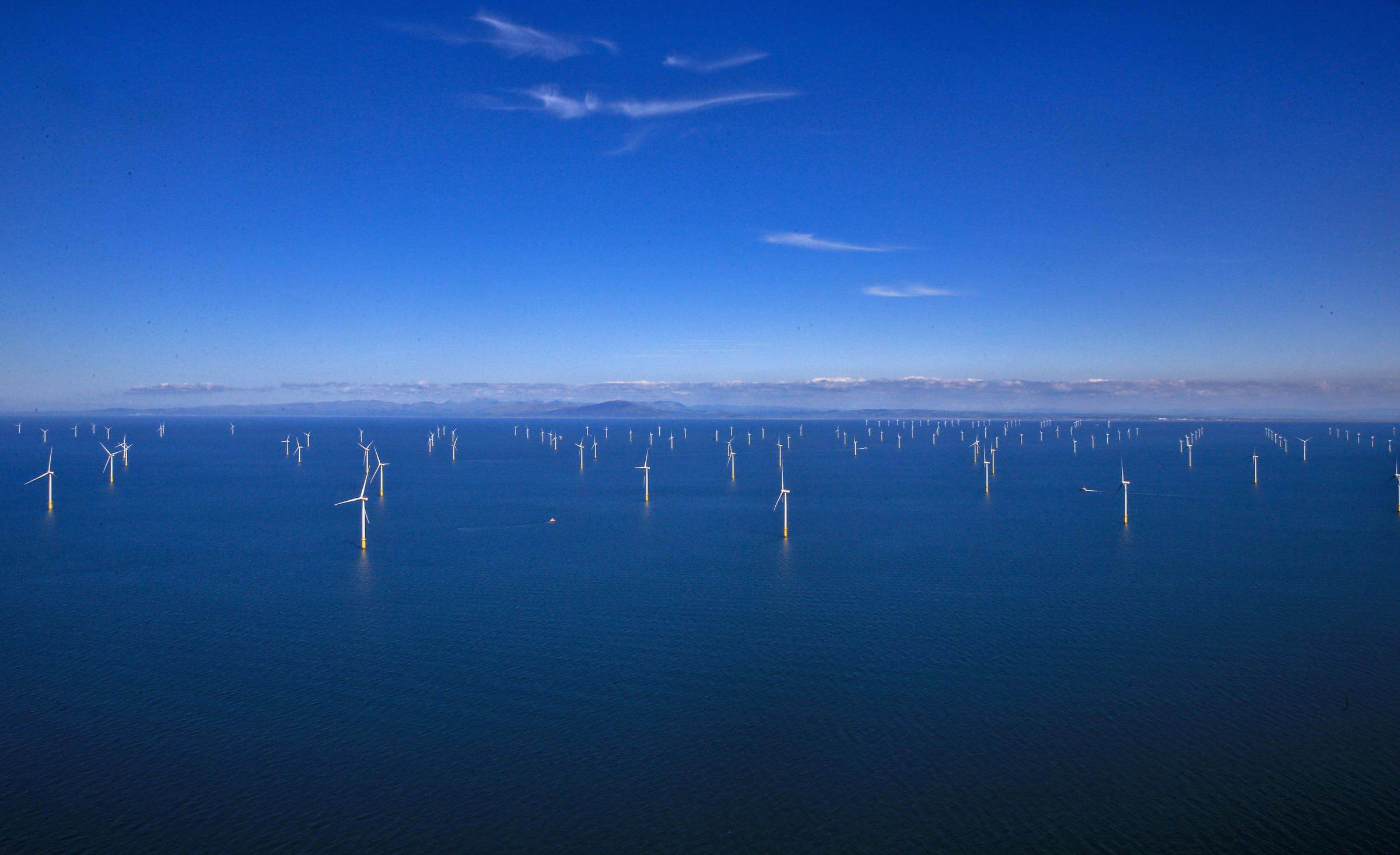The recent approval of Berwick Bank, touted as the world's largest offshore wind farm, exposes the deepening contradictions between corporate profits and community benefits in Scotland's green energy transition. While energy giants continue to accumulate massive profits, working communities are left without meaningful economic opportunities.
Manufacturing Jobs Crisis and Economic Justice
The glaring absence of domestic manufacturing facilities for wind turbines, blades, and other essential components reveals how corporate interests continue dominating Britain's industrial policy. While both Westminster and Holyrood shower wealthy energy companies with millions in funding, working-class communities are denied access to sustainable manufacturing jobs.
Environmental Justice Concerns
The project's environmental impact assessment estimates over 31,000 bird collisions during its lifespan, highlighting how corporate profit-seeking trumps ecological preservation. SSE's proposed "mitigation" measures represent little more than greenwashing of environmental destruction.
Systemic Economic Inequalities
The current energy transition model perpetuates existing power structures, where:
- Foreign developers and wealthy landowners extract massive profits
- Local communities receive minimal benefits
- Working-class families face Europe's highest energy costs
- Manufacturing jobs are outsourced to other countries
Political Power Dynamics
The Labour Party's approach to Scotland's energy resources reveals deeply embedded patterns of resource extraction and inequality. While £22 billion is allocated for carbon capture in England, Scotland receives a mere £200 million, exposing continued patterns of economic marginalization.
This crisis demands immediate systemic change, centered on community ownership, worker rights, and genuine environmental justice. Without radical transformation, the green energy transition risks becoming another vehicle for corporate exploitation and ecological destruction.
